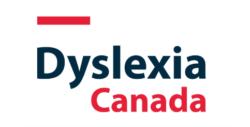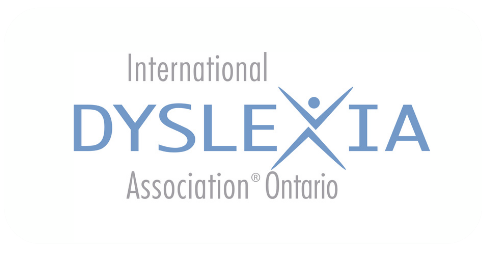Text Complexity: Stretching Readers with Texts and Tasks – Second Edition
When it comes to choosing texts for the classroom, educators have a lot of questions. Should we be looking at levels, lexiles or other readability criteria? Do we limit kids to “just-right” books? How can we scaffold instruction to help struggling readers access age- and grade-appropriate material? This book has answers! The authors cover quantitative…



